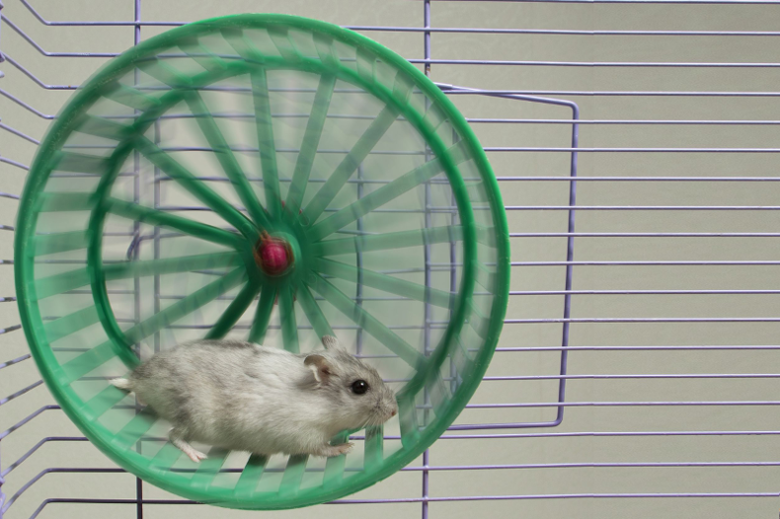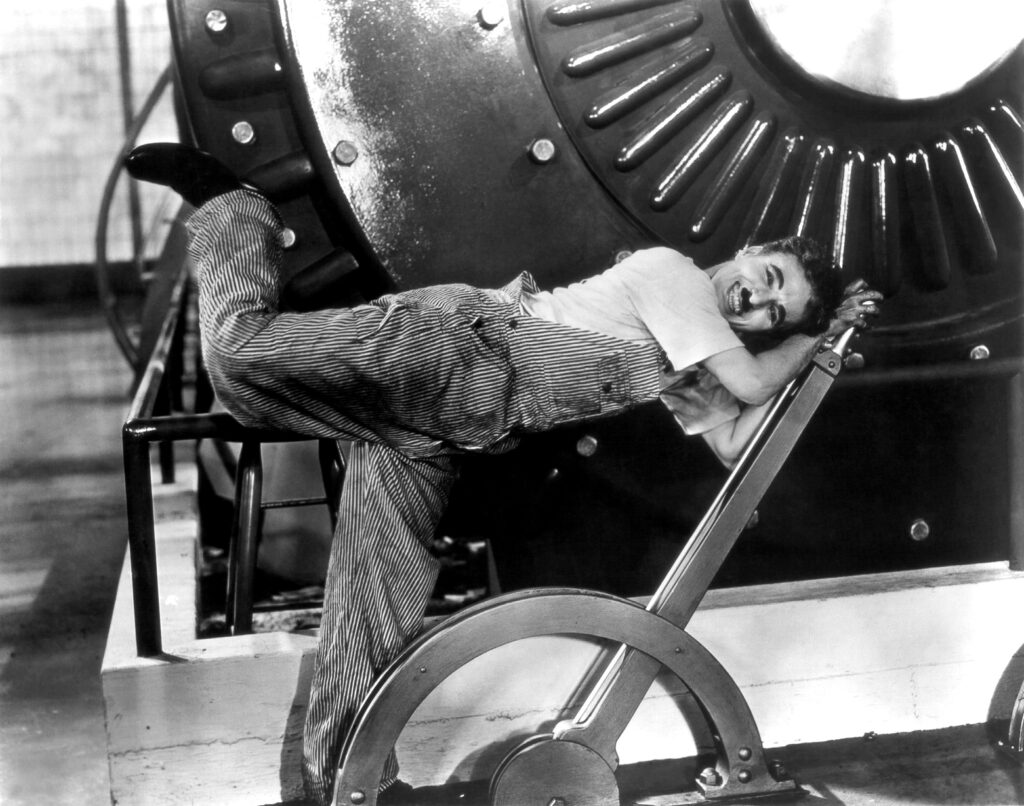
I’ve always been a humble practitioner of innovation, both in my private and professional life.
Innovation is often an inclination, a personal trait that you are sometimes lucky enough vest in your professional career.
Bit just like those digitally or technology minded it’s a path for the fewer, mostly because for a long time these things were considered unsexy, complex, nerdish or a mix of the three things.
On the contrary, innovative minds now seems to be recognised as a rarer commodity, thus it’s probably a smart professional move to make, if you are given the option.
And if you happen to have it under your belt, obviously.
Unfortunately I don’t buy the argument we all have it.
Ok. We do to a certain extent, just like we can all play football.
Alas there are only 600 odds player in Serie A, with the better news being that almost everyone plays soccer with some decent level of skill over here. How we can systematically fail to qualify for the world cup has thus more to do with our country’s endemic weaknesses than lack of options 😂.

Less often does innovation also become your full job title.
But those who are lucky enough to be in that position are also left with a big responsibility.
Those are the changemakers, the revolutionary, the people who by virtue of challenging the status quo, make society advance.
At the same time, every time your business day starts with a clean sheet of paper even if you are destined to reach the stars, you most often have no clue how to get there. Innovation entails the full creative stress. Much like musicians, writers, screen-players and any other creative profession you can think of.

What happened, therefore, to innovation in the last 20 years?
Innovation was not always recognised as a practice.
What we now dub innovation throughout history was probably just considered ingenuity and part of human nature.
The part delivering progress.
I won’t go into the debate of what constitutes real progress and if we are pursuing an effective one, which is best left to a dedicated blog post.

For the sake of this particular argument, let’s assume we are going indeed in the right direction, although I buy Greta’s argument and societally I am not really convinced.
When was innovation striped off human activity, singled out as a topic of special interest and devoted all this attention?
Quite simply, with the coming of industrialisation, I will argue.
As our ways of working have become more industrialised, mechanised and – in effect – routine, what was part of every day activity all of sudden had become special.

School is part of the problem.
Our schooling system is designed to standardise and prepare our kids to take up their roles in society. Roles that most often do not require inventiveness, but rather a good training at doing what your are expected to do – nothing more nothing less – and the ability to follow strict rules, from the timetable to learning to respect the authority and so on.
Would you enjoy sitting in a metro car whose driver acts creatively lets say while using the breaking system? I don’t think so.

Thus many professions do not require a whole lot of creativity, and creativity is de-incentivised as a skill throughout the schooling system.
Studies have shown that creativity measured among children as they progress through the school system is progressively eroded.
How could we allow this?
In Silicon Valley the sons and daughters of the rich and famous enjoy special schools designed with creativity at their core. Do they really know something the rest of us ignores?

But why do we still need creativity, in the age of machines?
Where everything promises to be soon so mechanised that machines will be good enough to perform most of everyday tasks.
The reason is quite simple, and two-fold I will argue.
The psychological reason is that luckily humankind is never happy with itself.
We are never content.
With what we have, with what we are.
We are a species in constant strive.
Luckily so.
Because discontent fuels every inch of progress and every single step we take.
On the other hand there is another profound reason. That reason relates to the system the we designed for ourselves to manage society as a whole: liberal capitalism. Or rather hyper-liberal these days.
Not everywhere, but mostwhere for sure.

With the remaining alternative bits of the world always under the scrutiny of the military of the western world, as we are witnessing these days.
Capitalism promotes progress like no other system man has ever designed.
Capitalism requires progress.
If you look at the stock-market, the value of stocks entail two aspects: the capacity to pay dividends (a product of the profitability of the business) and the company’s inner ability to grow on itself, anticipated and discounted in today’s stock price.
How can a company that is expected to grow, the sooner and larger the better, afford itself not to innovate?
It simply can’t!
So what was engineered away from out skillset, human intrinsic the ability to innovate – from the flint to start a fire, to the wheel to reduce pain and effort, to spacecrafts to move our species onto new planets as an eminent amongst us argues – all has come from our ingenuity.
Innovation is again fashionable. Highly so.
As a consequence, after structuring, simplifying and industrialising work in the modern economy now we have to engineer innovation back into the workplace. Ain’t that ironic?
After a lifetime learning of strictly obeying the rules, now you are taught that unless you break them, nothing new really happens.

Incidentally, this is the reason why most companies find it so hard to really pursue innovation.
It is counterfactual.
Against their own very controlled and processive nature.
Innovation is good for the R&D department, possibly for marketing, but outside those departments it is more considered some type of a threat.
With time we came to realises that this is really nonsense.
That innovation requires to be distributed within the organisation to be of any real value.
That innovation can pertain not just new product development, but new ways of working, new processes, new paradigms, new business models, a new culture and a new everything to be fairly honest.
Innovation is best not left confined to anyone’s room or desktop, but requires people to cooperate, internally and externally of the organisation.

The spark may and must come from anywhere.
Its value creation potential can be vested within or outside and organisation, the paramount paradigms of inside-out and outside-in innovation.
Innovation does not exclusively pertain private or public companies.
It’s also key for service innovation and service delivery within the Public Administration.
In short innovation is the key to real value creation.
Once we realise this, we are left with only one option.
What shall we do now to make it happen?
